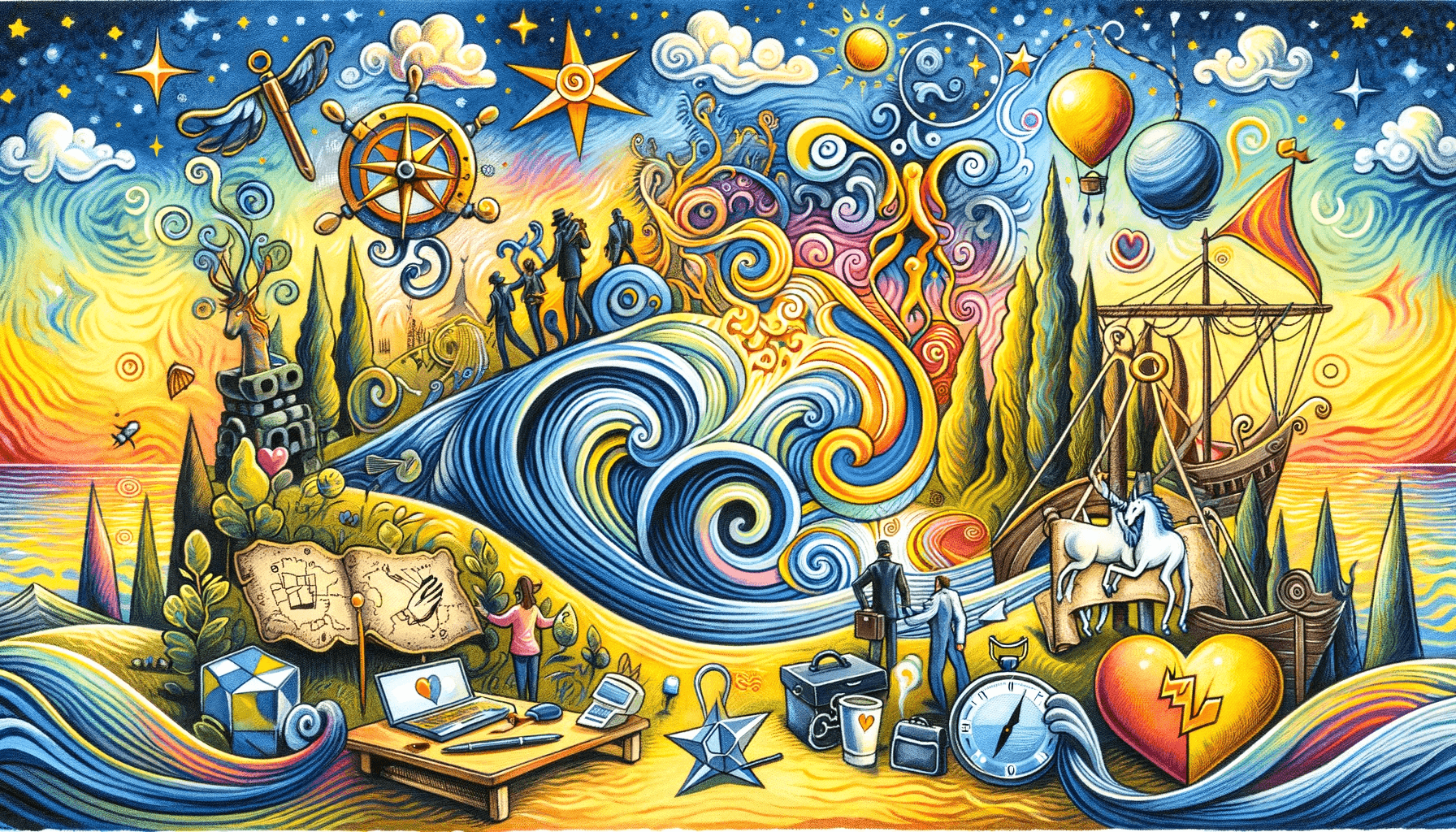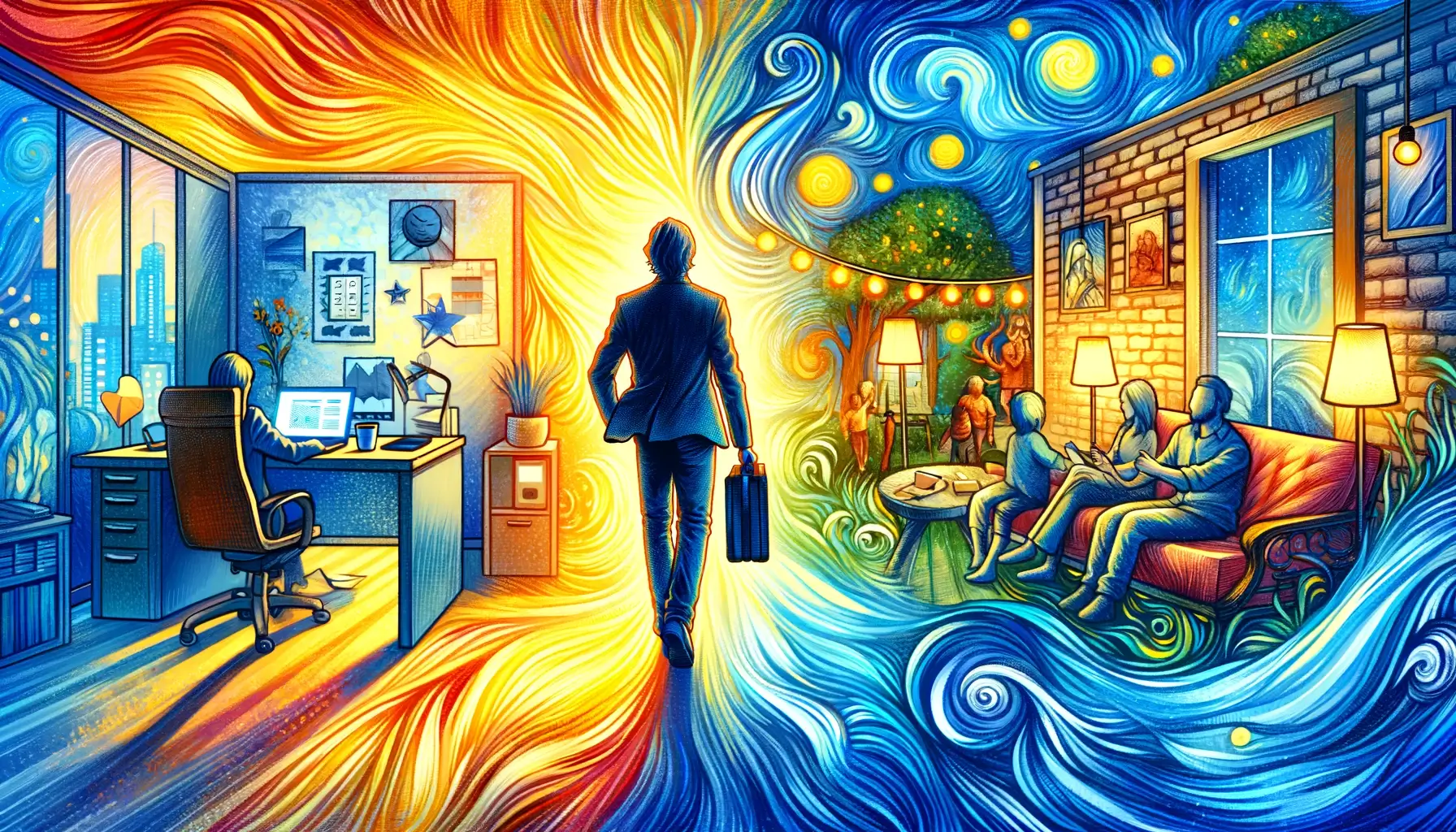You don’t earn loyalty in a day. You earn loyalty day-by-day.
Jeffrey Gitomer
I once went on a quest.
Not the kind that involves dragons or a golden fleece, but one that’s equally mythical in the world of business: the search for the secret ingredient that makes brands invincible to the wild winds of change.
I imagined it to be something exotic, like unicorn tears or the laughter of a mermaid. But, as it turns out, it was hiding in plain sight, like that pair of glasses you can’t find only to realize they’ve been on your head the whole time.
Customer loyalty.
That’s it. The big, grand secret. It’s not as glamorous as a potion or a spell, but it’s magic in its own right.
Strong brands don’t just slap a logo on a product and call it a day. No, they roll out the red carpet, serenade you with a violin, and maybe even throw in a complimentary foot massage. Well…maybe not the foot massage, but you get the idea. They deliver experiences that are as memorable as the time my brother-in-law showed up in full Star Wars cosplay to join my sons for Halloween trick-or-treating.
Chris and I, in our two decades of running Ascendio, never really had a catchy slogan or mantra plastered on our walls. But if you watched us, you’d see a pattern.
We operated with a principle that was as clear as day: people first, profits second.
Now, don’t get me wrong, it wasn’t that we didn’t want to make money or be successful. Not at all—it was just that we wanted to do it in a way that elevated the lives of everyone we worked with.
In business, there are always opportunities to cut corners, bend the truth, or avoid difficult decisions. So whether you adopt one formally or just start living one out informally, you have to develop a customer code of ethics.
In retrospect, I think ours went something like this:
- Do what you say you are going to do
We led by doing exactly what we said we would do. No smoke, no mirrors, just a commitment to follow through. - Overcommunicate
We turned overcommunicating into an art form. We believed in clarity, even if it meant explaining things five times over with hand-drawn diagrams and interpretive dances. - Be Clear
So much of business communication can drift into corporate jargon that blurs. We tossed it out the window. We wanted our interactions to feel more like chatting over coffee and less like boardroom presentations.
And here’s the real kicker: a stellar customer experience isn’t just for when the sun’s shining and everything’s going right. Oh no. In the tech world, where Chris and I played, there were days when the storm clouds gathered. Bugs would pop up, systems would crash, and digital gremlins seemed to dance in delight at our despair.
But in those very moments, the true essence of prioritizing the customer came to the fore. It wasn’t just about firefighting the problem, but about embodying the golden rule (which I suppose would be #4).
We’d ask ourselves, “If I were the customer, how would I want to be treated right now?”
And then we’d do just that.
We’d communicate, be available, and ensure that our customers felt seen, heard, and valued—even (or especially) in the darkest tech hours.
When the world is spinning faster than a toddler on a sugar high, and everything feels in constant flux, one thing remains steadfast when you do things right: relationships. And in the world of business, that is done by creating bonds between a brand and its loyal customers.
Peter Drucker famously said that the purpose of business is to create and keep a customer. And while I believe that’s true, I also believe there are better and worse ways to make that a reality.
So, if you’re out there, trying to build a brand or just make sense of this ever-changing world, remember this: it’s not about the flashiest ads or the catchiest jingles. It’s about creating experiences that stick, that make people feel seen, valued, and maybe even a little bit special.
Because in the end, it’s the loyal customers who will stand by you, rain or shine, cosplay or no cosplay.






